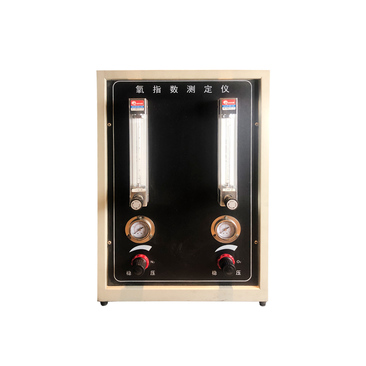high insulation resistance test instrument suppliers
High Insulation Resistance Test Instrument Suppliers A Key to Electrical Safety
In the world of electrical engineering, maintaining equipment safety and reliability is paramount. One crucial aspect of ensuring the integrity of electrical installations is the insulation resistance test, a process that determines the effectiveness of insulation materials in preventing electrical leakage. High insulation resistance test instruments play a pivotal role in this process, helping technicians and engineers assess the insulation condition of their electrical systems. This article delves into the significance of these instruments, their applications, and the importance of selecting reputable suppliers.
Understanding Insulation Resistance Testing
Insulation resistance testing involves measuring the resistance of electrical insulation to direct current (DC) voltage. This test helps identify potential faults in electrical equipment, such as degradation of insulation due to age, moisture ingress, or mechanical damage. A high insulation resistance value indicates good insulation condition, while a low value may suggest defects that could lead to electrical failures or hazardous situations.
Common applications of insulation resistance testing include
1. Routine Maintenance Regular testing of electrical installations in commercial and industrial settings helps ensure safety and compliance with industry standards. 2. Installation Verification New installations require testing to confirm that insulation meets safety requirements before being put into operation.
3. Troubleshooting Technicians use insulation resistance test instruments to identify issues in malfunctioning equipment, pinpointing where repairs are needed.
The Role of High Insulation Resistance Test Instruments
High insulation resistance test instruments are specifically designed to apply high voltages (up to several thousand volts) to a test object while measuring the resulting insulation resistance. These instruments can vary in sophistication, from handheld devices suitable for field testing to advanced bench-top models equipped with data logging capabilities.
Key features of high insulation resistance test instruments include
- High Voltage Capability The ability to apply voltages ranging from 250V to 5kV, which is essential for accurately assessing insulation performance across various applications. - User-Friendly Interfaces Many modern instruments come with easy-to-read displays and intuitive controls, making them accessible for technicians at all skill levels.
high insulation resistance test instrument suppliers

- Data Logging and Analysis Advanced instruments provide options for recording test results and analyzing trends over time, aiding in the identification of deterioration patterns in insulation.
Choosing the Right Supplier
Selecting the right supplier for high insulation resistance test instruments is crucial for ensuring quality, reliability, and serviceability. Here are some factors to consider when choosing a supplier
1. Reputation and Experience Look for suppliers known for their expertise in electrical testing equipment. Established companies often have a track record of reliability and quality.
2. Product Quality and Range A reputable supplier should offer a diverse range of instruments, from basic models to advanced systems. Ensure that the products meet industry standards and certifications.
3. Customer Support and Service Good customer service is essential. Choose a supplier that offers comprehensive support, including technical assistance, calibration services, and warranty coverage.
4. User Reviews and Testimonials Research customer feedback to gauge the experiences of other users with the supplier’s products and services. This can provide insight into the reliability and effectiveness of the instruments.
5. Pricing and Value Compare prices among different suppliers while considering the features and quality of the instruments. The cheapest option may not always provide the best value, so weigh the overall benefits.
Conclusion
High insulation resistance test instruments are indispensable tools for ensuring the safety and reliability of electrical systems. By selecting a reputable supplier, engineers and technicians can gain access to high-quality instruments that meet their specific testing needs. As electrical installations continue to evolve and become more complex, the importance of rigorous insulation testing remains critical, underscoring the role that reliable suppliers play in the industry. Investing in superior testing equipment not only enhances safety but also prolongs the lifespan of electrical systems, ultimately contributing to greater efficiency and cost savings in the long run.
-
Why the Conductor Resistance Constant Temperature Measurement Machine Redefines Precision
NewsJun.20,2025
-
Reliable Testing Starts Here: Why the High Insulation Resistance Measuring Instrument Is a Must-Have
NewsJun.20,2025
-
Flexible Cable Flexing Test Equipment: The Precision Standard for Cable Durability and Performance Testing
NewsJun.20,2025
-
Digital Measurement Projector: Precision Visualization for Modern Manufacturing
NewsJun.20,2025
-
Computer Control Electronic Tensile Tester: Precision and Power for the Modern Metal Industry
NewsJun.20,2025
-
Cable Spark Tester: Your Ultimate Insulation Assurance for Wire and Cable Testing
NewsJun.20,2025
 Copyright © 2025 Hebei Fangyuan Instrument & Equipment Co.,Ltd. All Rights Reserved. Sitemap | Privacy Policy
Copyright © 2025 Hebei Fangyuan Instrument & Equipment Co.,Ltd. All Rights Reserved. Sitemap | Privacy Policy
